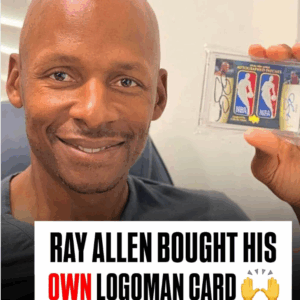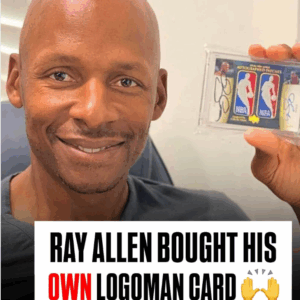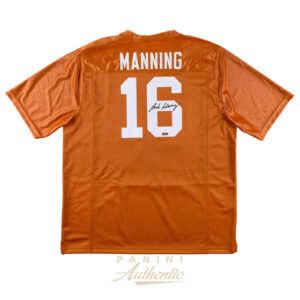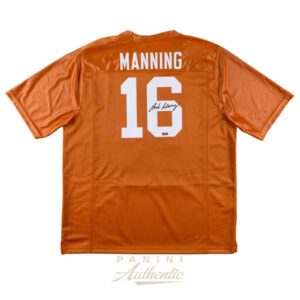Attending sporting events is a joyous pastime for many, but for individuals with disabilities, the vibrant atmosphere can present challenges. Enter service dogs, the unsung heroes that play a crucial role in enhancing accessibility and support for their handlers at crowded venues like stadiums and arenas.
Accessing and navigating a bustling stadium can be overwhelming, especially for those with visual impairments or mobility challenges. Service dogs shine in these situations by guiding their handlers to their seats, helping them maneuver through crowds, and ensuring a smooth and safe experience.
Sporting events are synonymous with loud noises and frenetic energy, which can trigger anxiety and stress for some individuals. Service dogs step in as emotional support companions, offering a calming presence that can make attending such events more manageable for those with conditions like PTSD, autism, or severe anxiety.
Beyond emotional support, service dogs are trained to perform specific tasks that can be life-saving in emergencies. Individuals with medical conditions like diabetes, epilepsy, or severe allergies benefit from their service dog’s ability to detect changes in their health and alert them before a crisis strikes, potentially preventing a medical emergency.
Independence is a precious gift that service dogs bestow upon their handlers at sporting events. Instead of relying on others for assistance, individuals with disabilities can trust their service dogs to provide the necessary support, fostering autonomy and self-confidence and allowing them to fully engage in the event.
Thanks to the Americans with Disabilities Act (ADA), service dogs have legal rights to accompany their handlers in all public places, including sporting events. This ensures that individuals with disabilities can enjoy the event without facing discrimination and that event organizers must make accommodations for service dogs to guarantee equal access.
For a successful outing at a sporting event with a service dog, thorough preparation is key. Checking the venue’s policies, remaining calm amidst the excitement, bringing essential supplies for the service dog, and advocating for one’s rights under the ADA are vital steps to ensure a positive and inclusive experience.
In essence, service dogs are indispensable companions that empower individuals with disabilities to partake in the thrill and social camaraderie of sporting events. Through their assistance in navigation, emotional support, medical alerts, and fostering independence, service dogs enable their handlers to engage safely and fully in the excitement of these events, creating an inclusive and enriching experience for all.





